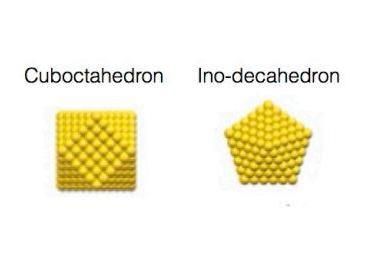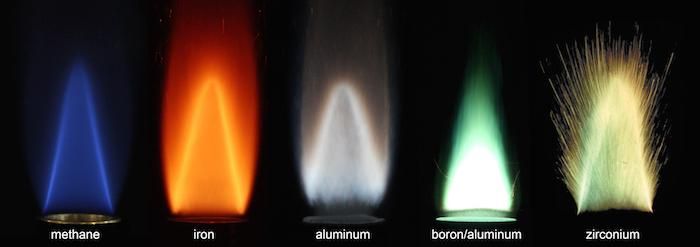Ahead of the games: Test will catch sports cheats on new endurance drugs
Avoiding detection just got harder for drug cheats who try to use a particular range of untested, but potentially enhancing, compounds. In the past, tests have been developed once a drug is known to be in circulation. Now a German research team has developed tests for a class of drugs that they believe could be used in the near future.
On the face of it, the Beijing Olympics were remarkably drug free with only six athletes being caught during the games and three further suspect cases identified after the games closed. Rumours suggest that many athletes were in fact using performance-enhancing drugs that could not be detected using standard tests. One possibility is that some athletes were using compounds that have not yet been tested in humans, but have shown performance enhancing properties in animal trials. Because these compounds are in the early stage of development no test has been developed, so their use will go undetected.
A new test, announced in the launch issue of the new journal, Drug Testing and Analysis, will help sports officials stay one step ahead of the game by allowing them to screen for some of these emerging drugs, as well as others in the same class that have not yet reached the market.
The test detects a core chemical structure belonging to a class of compounds called benzothiazepines. These compounds stabilise protein channels that would otherwise "leak" calcium from muscle cells during strenuous exercise. Calcium is needed for muscle contraction and this "leaking" effect weakens the contractions and is a causal factor in muscle fatigue.
JTV-519 and S-107, benzothiazepines currently in development for the treatment of heart abnormalities, are known to increase endurance in mice. Although they have not yet entered human clinical trials, both can be detected using the test.
"As soon as these drugs enter human clinical trials, there is a huge potential for them to be misused in sports. This preventive research lets us prepare before these compounds are officially launched," says Mario Thevis, Director of the Center for Preventive Doping Research at the German Sport University of Cologne, Germany, who led the research.
The researchers think the simple nature of the compounds means they are easy to make and sell to drug cheats as endurance boosters on the black market.
The study characterises the compounds according to their weight and molecular structure. This gives the researchers a molecular "fingerprint" by which to identify the compounds. Thevis and colleagues show that, using high resolution mass spectrometry, JTV-519 and S-107 can be detected in spiked urine at concentrations as low as 0.1 nanograms per millilitre.
"We used the common approaches that are employed for detecting anabolic agents. Our work showed that we could identify the right compounds and that we have a sensitive test," says Thevis.
The next step is to look for the molecules created by the metabolic breakdown of the compounds once they have entered the human body. This will give researchers a wider scope of compounds by which to identify cheats when screening samples. However, the compounds can't be given to humans until they have been approved for clinical trials, so the researchers must focus on bench studies using human microsomes. These are tiny vesicles that mimic cell metabolism and so can be used to predict how the drugs might be broken down.
Other news from the department science
Most read news
More news from our other portals
See the theme worlds for related content
Topic World Mass Spectrometry
Mass spectrometry enables us to detect and identify molecules and reveal their structure. Whether in chemistry, biochemistry or forensics - mass spectrometry opens up unexpected insights into the composition of our world. Immerse yourself in the fascinating world of mass spectrometry!

Topic World Mass Spectrometry
Mass spectrometry enables us to detect and identify molecules and reveal their structure. Whether in chemistry, biochemistry or forensics - mass spectrometry opens up unexpected insights into the composition of our world. Immerse yourself in the fascinating world of mass spectrometry!





























































